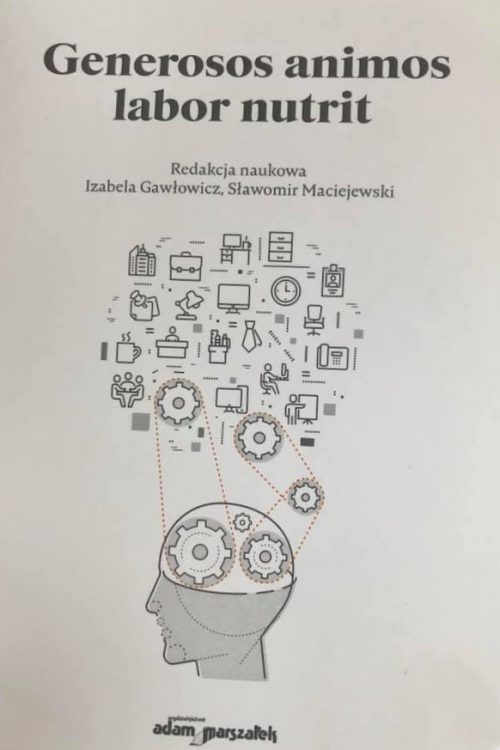Türkiye'de Polisin Sendikalaşması: Hiç Bitmeyen Mücadele
İncele / Look
Allen, V.L. (1958), “The National Union of Police and Prison Officers”, The Economic History Review, Vol. 11, No. 1, pp. 133-143.
Bean R. (1980), “Police Unrest, Unionization and the 1919 Strike in Liverpool”, Journal of Contemporary History, Vol. 15, pp. 633-653.
Biçaku D. (2006), “Ngrihet pas 94 vitesh sindikata e policisë spqiptare”, Shekulli, 17 April.
Casale G. (1999a), “Tripartism and Industrial Relations in Central and Eastern Europe”, in Casale G. (Ed.), Social Dialogue in Central and Eastern Europe, ILO, Budapest, pp. 1-36.
Casale G. (1999b), “Tripartism and Industrial Relations in Macedonia”, in Casale G. (Ed.), Social Dialogue in Central and Eastern Europe, ILO, Budapest, pp. 245-254.
Casale G. (1999c), “Social Dialogue in Ukraine”, in Casale G. (Ed.), Social Dialogue in Central and Eastern Europe, ILO, Budapest, pp. 319-334.
Erol A. (1989), “Çalışanların Örgütlenmesi ve Demokrasi”, Jeoloji Mühendisliği, May-November, pp. 75-76.
First Report of the Republic of Estonia 2001–2002 (2006), p. 71–72, available at: www.sm.ee/est/HtmlPages/socialch/$file/socialch.pdf (accessed 17 February)
Gülmez M. (1992), “Sendika Hakkı ve Kamu Görevlileri”, in Gülmez M. (Ed.), İnsan Hakları ve Kamu Görevlileri Sempozyumu, TODAİE, Ankara, pp. 57-76.
Gülmez M. (2001), “Aykırılıklarla Dolu Kamu Görevlileri Sendikaları Yasası”, Amme İdaresi Dergisi, Vol. 34, No. 3, pp. 1-21.
Hürriyet, “Binlerce polisin öfke yürüyüşü”, 12 December 2000.
Hürriyet, “Polisin İsyanı”, 13 December 2000.
Hürriyet, “Polis sendikası validen döndü”, 10 November 2012.
Hürriyet, “Polis sendikası ‘Resmen’ kuruldu ilk eylemi 1 Mayıs’da yapacak”, 13 November 2012.
International Labor Standarts (2002), Freedom of association and the effective recognition of the right to collective bargaining, available at: http:// digitalcommons.ilr.cornell.edu/freedom/4 (accessed 15 December)
Juris H.A. and Hutchison K.B., “The Legal Status of Municipal Police Employee Organisations”, Industrial and Labor Relations Review, Vol. 23, No. 3, pp. 352-366.
Lyons R.L. (1947), “The Boston Police Strike of 1919”, The New England Quarterly, Vol. 20, No. 2, pp. 147-168.
Milliyet, “Polis de demokratik tepki eylemi yapabilir”, 10 November 2006.
Monk R. (2001), Study on Policing in The Federal Republic of Yugoslavia, OSCE, Belgrade.
Mutlu L. (2005), “Memurların Sendikalaşması ve Ekonomik-Sosyal Haklara Etkisi”, Sayıştay Dergisi, No. 42, pp. 20-36.
Nasson B. (1992), “‘Messing with Coloured People’: The 1918 Police Strike in Cape Town, South Africa”, The Journal of African History, Vol. 33, No. 2, pp. 301-319.
Öner S. (2003), Halkın Polisi Pol-Der Anıları, İletişim Yayınları, İstanbul.
Sokullu-Akıncı, F. (1990), Polis: Toplumsal Bir Kurum Olarak Gelişmesi Polis Alt-Kültürü ve İnsan Hakları, Gümüş Basımevi, İstanbul.
Milliyet, “Polis de demokratik tepki eylemi yapabilir”, 10 November 2006.
Such M. (1989), Önce Devlet Sonra Polis, Eryar N. (interpreter), Altın Kitaplar, İstanbul.
Şaylan G. (1970), “Memur Sendikaları Üzerine Bazı Notlar”, Amme İdaresi Dergisi, Vol. 3, No. 4, pp. 136-151.
The State Police Staff Start Creation of a Trade Union (2006), available at: www.eiro.eurofound.ie/2006/01/feature/lv0601101f.html Country: LATVIA (accessed 10 May).
Vodinelić V.R. et al. (2002), Compatibility of Yugoslav Law and Practice with The Requirements of the European Convention on Human Rights, Belgrade.
World Bank (2005), Bosnia and Herzegovina Labor Market Update: The Role of Industrial Relations, Report No. 32650-BA, December.
www.cespolice.org
www.egm.gov.tr
Zhao J. and Lovrich N. (1997), “Collective Bargaining and The Police: The Consequences for Supplemental Compensation Policies in Large Agencies”, Policing: An International Journal of Police Strategies & Management, Vol. 20, No. 3, pp. 508-518.
